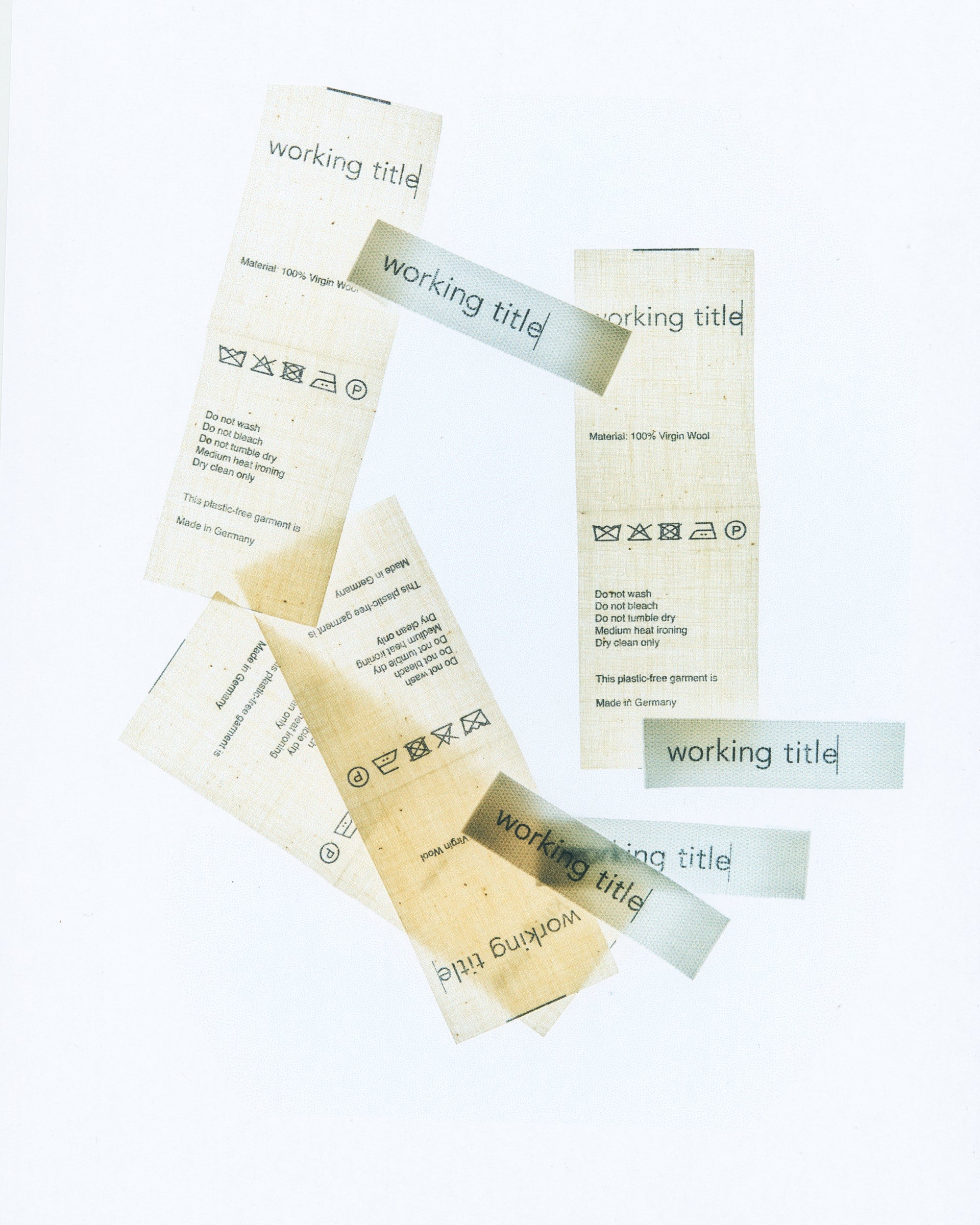GLOSSARY OF SUSTAINABILITY
There is a lot around that is called sustainable. When talking about sustainability you may already have heard some of the terms e.g. in product descriptions. Therefore we have collected a few certificates and terms to give you an overview and a brief explanation of what they mean.
FSC
"FSC" stands for "Forest Stewardship Council", which is an international non-profit organisation that promotes responsible management of the world’s forests. The "FSC certification" ensures that products made from wood, such as packaging, fibres for fabrics (e.g. Viscose and Acetate) and other forest-based materials come from forests that are managed sustainably, socially beneficially, and economically viable.
FSC certification is used for products like fabrics, furniture, paper, and packaging to ensure they are sourced in an environmentally friendly and socially responsible way.
For more information please visit the FSC website
GOTS
"GOTS" stands for "Global Organic Textile Standard", which is an internationally recognised certification for organic textiles. The GOTS certification ensures that textiles, such as fabrics and garments, are made from organic fibers, and that they meet strict environmental and social criteria throughout the entire supply chain, from harvesting raw materials to environmentally responsible and socially ethical manufacturing practices.
GOTS covers the processing, manufacturing, packaging, labeling, trading, and distribution of textiles, ensuring that they are produced in a sustainable and ethical manner. It’s one of the most trusted standards in the organic textile industry and includes requirements related to water usage, chemicals, and fair labor practices.
For a product to be labeled "GOTS certified," it must contain at least 70% organic fibers, and higher levels of certification require even more stringent standards.
For more information please visit the GOTS website
OEKO-TEX
"Oeko-Tex" is a globally recognised certification system that tests textiles and fabrics for harmful substances. The most well-known certification under Oeko-Tex is the "STANDARD 100 by Oeko-Tex", which ensures that every component of a product, from the fabric to the thread and accessories, has been tested for chemicals that may be harmful to human health.
The Oeko-Tex certification focuses primarily on product safety, ensuring that textiles do not contain harmful levels of substances like heavy metals, pesticides, and formaldehyde, among others. It is especially important for items that come in direct contact with the skin, such as clothing, bedding, and towels.
In addition to the STANDARD 100, Oeko-Tex has other certifications like **MADE IN GREEN** (which ensures that a product is made in environmentally friendly facilities and under socially responsible conditions) and "LEATHER STANDARD" (specifically for leather products).
In summary, Oeko-Tex certifications ensure that textiles are safe for consumers and produced in a responsible manner.
For more information please visit the OEKO-TEX website
MULESING
"Mulesing" is a controversial surgical procedure used in the wool industry, primarily in Australia, to prevent a condition known as "flystrike" in sheep. Flystrike occurs when flies lay eggs in the folds of skin around a sheep's rear, which can lead to severe infections when the larvae hatch.
During mulesing, strips of skin around the sheep's buttocks are removed without anesthesia. This creates scar tissue that does not have folds, reducing the risk of flystrike. The practice is mostly performed on Merino sheep, which have wrinkled skin that is more susceptible to flystrike.
Mulesing has been widely criticised by animal welfare organizations due to the pain and distress it causes to the animals. For this New Zealand prohibited mulesing in 2018, including under anesthesia. Many European countries do not practice mulesing.

